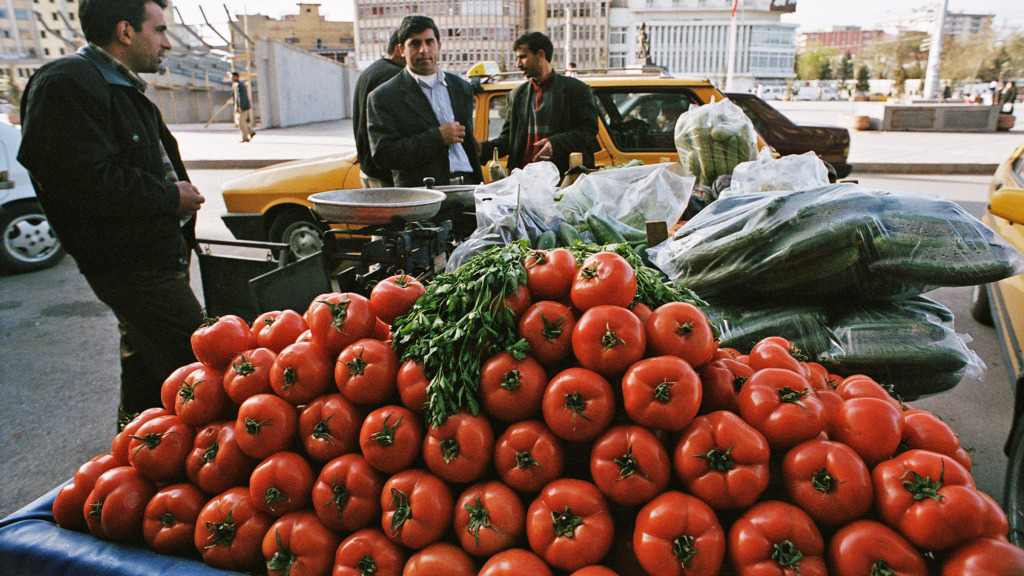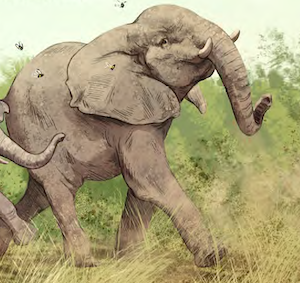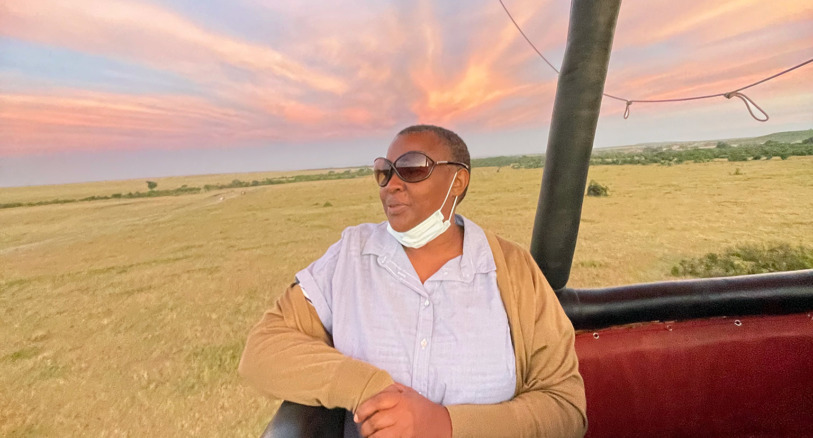In 2002 Bangladesh became the first country in the world to ban plastic bags.
In 2022 researchers did a study showing that making the law work was very challenging. The study showed that by 2006 plastic bags had nearly disappeared from major stores. However lack of strict enforcement of the law led to plastic bag use increasing again.

A report from the World Bank showed that the amount of plastic used per person increased from 3 kg (6.6 lbs.) in 2005 to 9 kilograms (20 pounds) in 2020. About a third of that plastic use is single-use plastic bags for grocery shopping.
The increased use of plastic bags causes many problems. Toxic chemicals from plastic bags leach into the environment. These toxic chemicals contaminate the air, soil, and water, and eventually enter the food chain. Plastic bags clog drains, especially during monsoon season. Plastic bags litter streets and waterways.

Shahriar Hossain is a senior technical advisor at the Environment and Social Development Organization (ESDO). He explains that Bangladesh’s plastic waste crisis is largely due to lax enforcement of the ban. “The law exists, but without proper enforcement, plastic bags have made their way back into the market,” he says.
An alternative to plastic bags might be biodegradable bags made from cassava roots. Biodegradable bags decompose naturally and don’t leave behind toxic residues in land and water. Cassava is a plant native to South America. Cassava has potato-like roots. A company called Ecospear Ltd. developed bags made from cassava roots.

Another alternative to plastic bags is reusable bags made from jute. Jute is a fiber made from the jute plant that grows in Bangladesh and other parts of Asia.
One reason people use plastic bags instead of reusable or biodegradable bags is cost.
“Many shoppers are hesitant to buy reusable bags because they’re used to getting polythene [plastic] bags for free,” says Osman Ali, a retailer in Dhaka, the capital of Bangladesh. “A typical jute bag, for example, often costs around $0.18 (22 takas), which is more than 10 times the price of a regular polythene bag.”
Experts in Bangladesh say that reusable bags need to become more affordable. Also, consumers need to get used to using them. These measures are the long-term solutions to the plastic bag problem in Bangladesh.
David Brown adapted this story for Mongabay Kids. It is based on an article by Mohammad Al-Masum Molla, published on Mongabay News.






